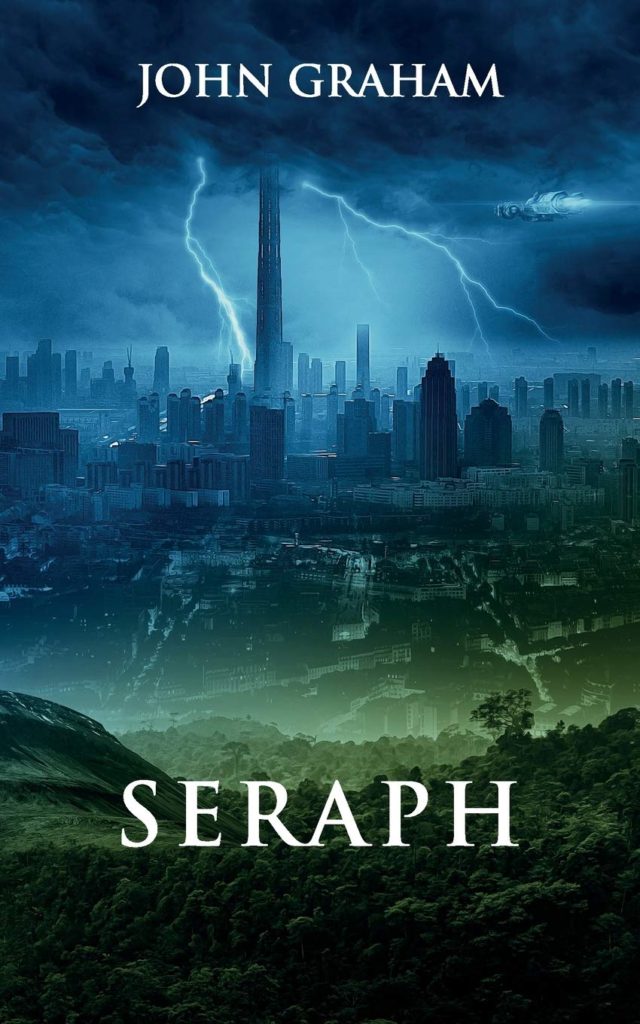
Following the first two breathless installments of this series, readers have grown accustomed to the boundaries of this future world, allowing the author to dig deeper into the intensity of his characters and the increasing cosmic stakes. Blending philosophical elements of “Star Trek,” tangled familial knots of “Star Wars,” and a twisted plot that would make George R.R. Martin take note, Seraph is a gutting exploration of legacy and power – a surprising story of following orders versus following your heart, all couched in a cosmic battle for dominion over the galaxy, and life itself.
Returning readers have watched Gabriel Thorn rise as a hero, revealing many of his flaws and some of his demons, but destroying the hive ship wasn’t the end of the threat. After being kidnapped and interrogated, our rugged protagonist is almost immediately sent out on another cryptic mission, one that will pit him against an unexpected foe, one that has supposedly been dead for over 40 years.
Not only is Gabriel headed into chaos beyond imagining, but his home life is anything but pleasant, with Aster pulling away from him, and taking his enhanced children along with her. Gabriel is faced with the impossible choice of fulfilling his duty to humanity, or his duties as a husband to protect his family. The intertwined narratives of paternal abandonment are delicately woven, and as the direct threat against his children becomes clear, Gabriel must once again level up in his heroics, even if that means making the hardest choice a father can face. Universally relatable themes tie the disparate paths of this story together, leading to a gut-punch of an ending that is satisfying and emotional.
While the plot is addictive, albeit predictable in certain moments, there is some sloppiness in the writing in terms of the flow of the prose, and missed opportunities for creative descriptions. This is a rich and fascinating future that Graham has envisioned, but there seem to be a dearth of vivid or visceral moments. Facilitating readers to fully immerse in a world, even after two books, is essential, and the narration occasionally holds back when it should be expanding. Many times, we are also told directly what Gabriel’s reaction to a situation is, which is efficient, but not always engaging.
Those criticisms aside, the details of the different organizations, alien worlds, cultural differences, and erotic entanglements are strong. Graham certainly hits his stride with the flexibility of this future he has created. As all good sci-fi does, Seraph manages to echo with relevance in the present as well, with the time-worn theme of otherness equating to evil, and the moral balance between two vying perspectives.
Both heavy-hitting and lighthearted, thought-provoking and pulse-pounding, this book solidifies the Voidstalker series as a serious work in the genre. It spins out a classic story in a refreshingly unique way, and plays out this epic drama with sharply-crafted characters inhabiting a future that feels all too possible.
Available At

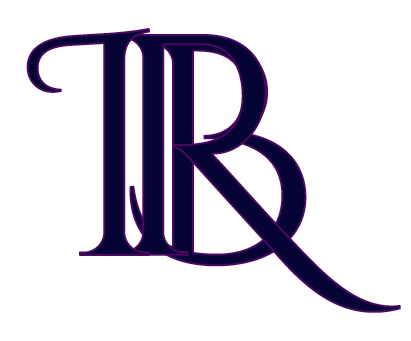

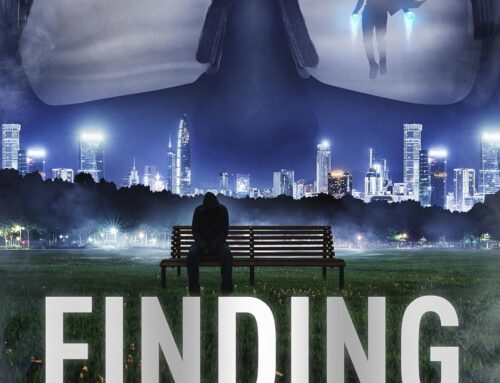
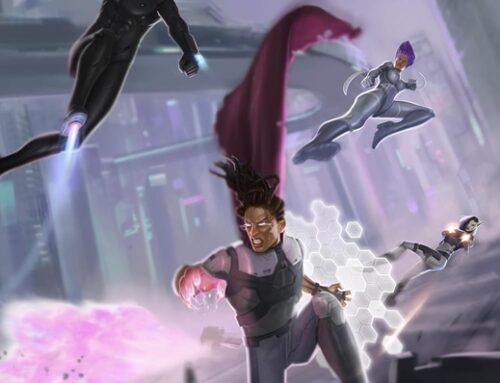






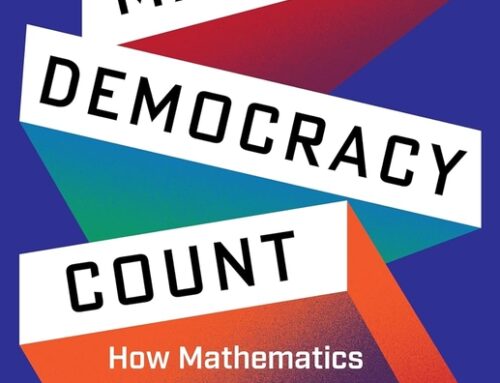


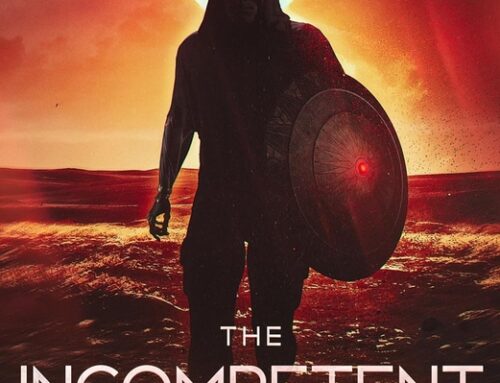



Leave A Comment